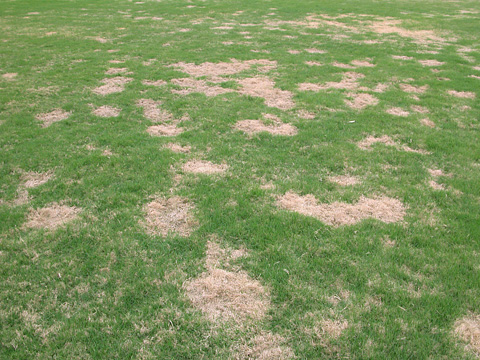Most turfgrasses are difficult to control within another turfgrass.
Watering bermuda grass in north carolina.
Frequency of mowing and watering bermuda grass lawn depends on the season and month.
To avoid erosion and runoff try to apply the water only as fast as the.
Bermudagrass as a weed cultural control.
This can come from two different sources either natural rain fall or man made irrigation.
Deep and infrequent watering will train bermuda grass roots to grow deep into soil where there is more moisture.
Watering bermuda grass once a week will force the roots of the grass to dig deeper as the water supply is dried up during the week.
Therefore turf managers should select clean seed or vegetative sources for establishment use an adapted turfgrass species and cultivar for their location and use proper mowing and fertilization techniques to maintain a dense actively growing desired turf.
The recommended height for the common bermuda grass is 1 1 2 to 2 1 2 inches.
For example apply 1 inch of water on a single day than 25 inches per day for four days.
If you want to give you grass an even better chance during the next drought than consider only watering once a week.
All lawns need water in order to remain green and healthy.
Wait an hour or so until the water is absorbed and begin again.
Bermuda grass is one of the more drought tolerate types of grass.
How to water a bermuda grass lawn.
Charlotte water recommends watering your lawn to a soil depth of 6 to 8 inches to encourage the growth of grass roots.
To measure how much water the soil has soaked up pierce the turf with a screwdriver or similar.
Water until the soil is wet to a depth or 4 to 6 inches check by probing the soil with a screw driver or similar tool.
So watering a bermuda lawn will become a necessity.
The center for turfgrass environmental research and education at north carolina state university puts the range at 4 to 6 inches.
Stop watering however if the water beings to pool or run on the surface.
Watering when bermudagrass is growing supplement rainfall as needed so that the lawn gets 1 inch of water each week.
Everyone prefers to allow nature to take its course and water the lawn but this cannot be counted on.
When seedlings are about an inch tall begin watering once per day giving about inch of water each time.
A bluish gray appearance or wilted folded or curled leaves may indicate that it is time to water.
The improved turf type bermudagrass will produce a vigorous dense fine bladed turf that is acceptable for sports.
A few days after the grass begins to sprout you can reduce watering frequency to twice per day but apply more water each time.

